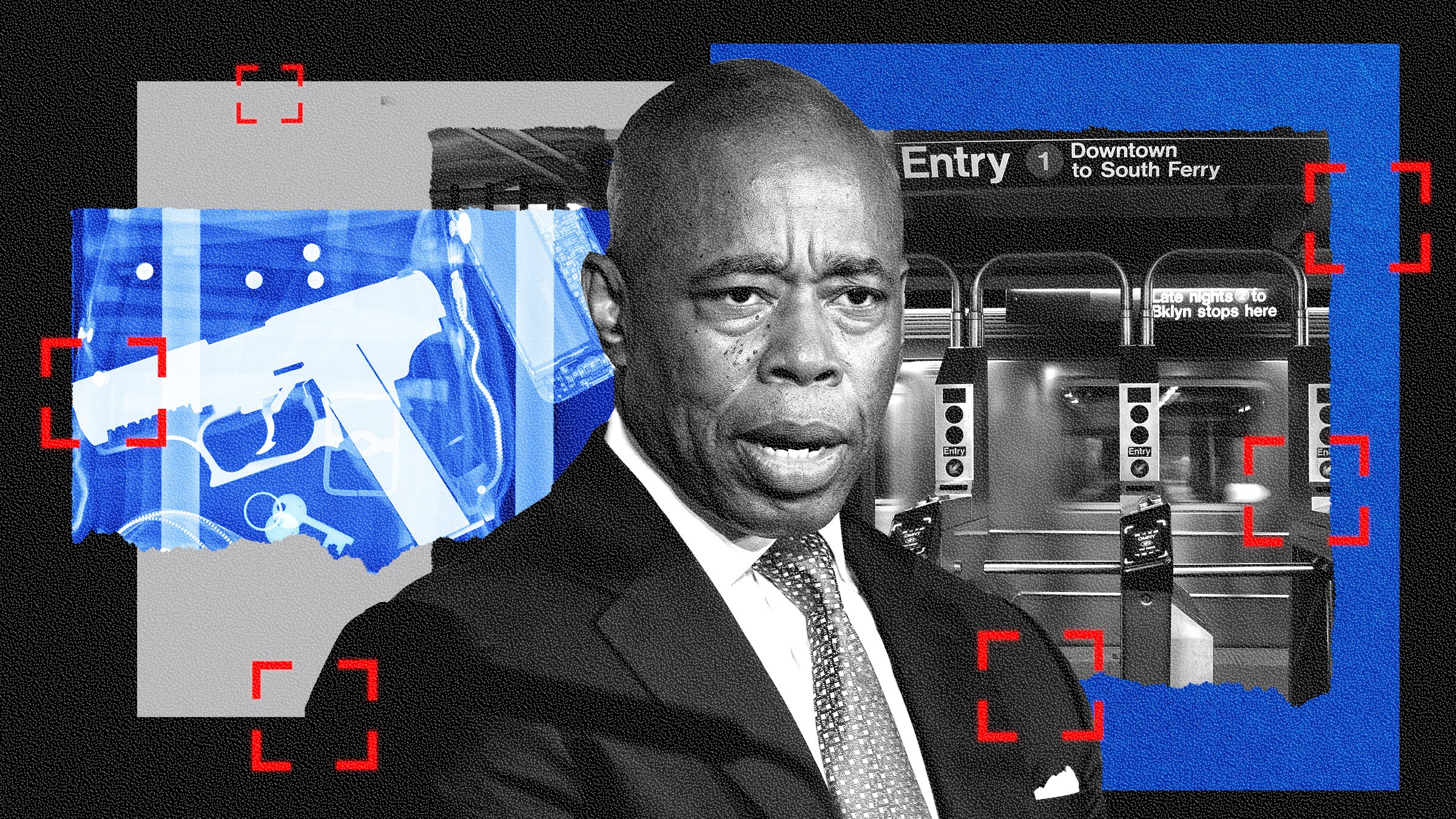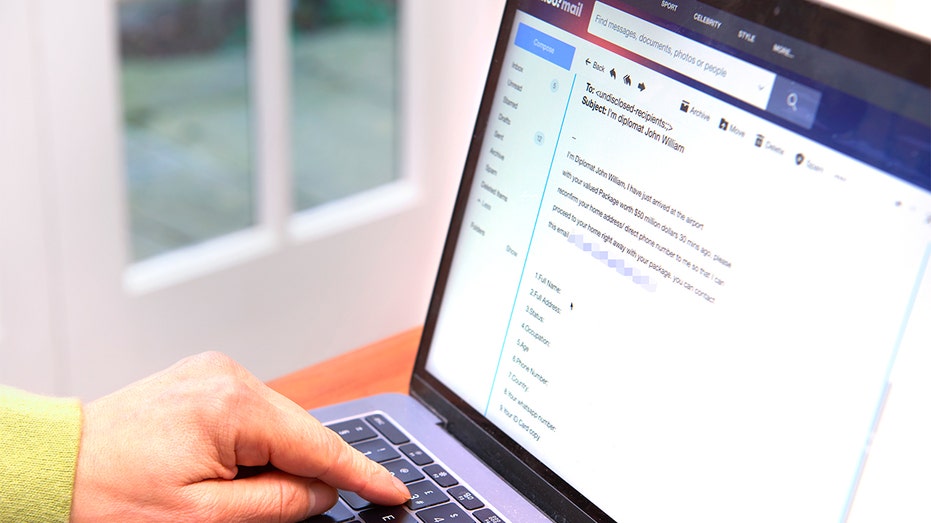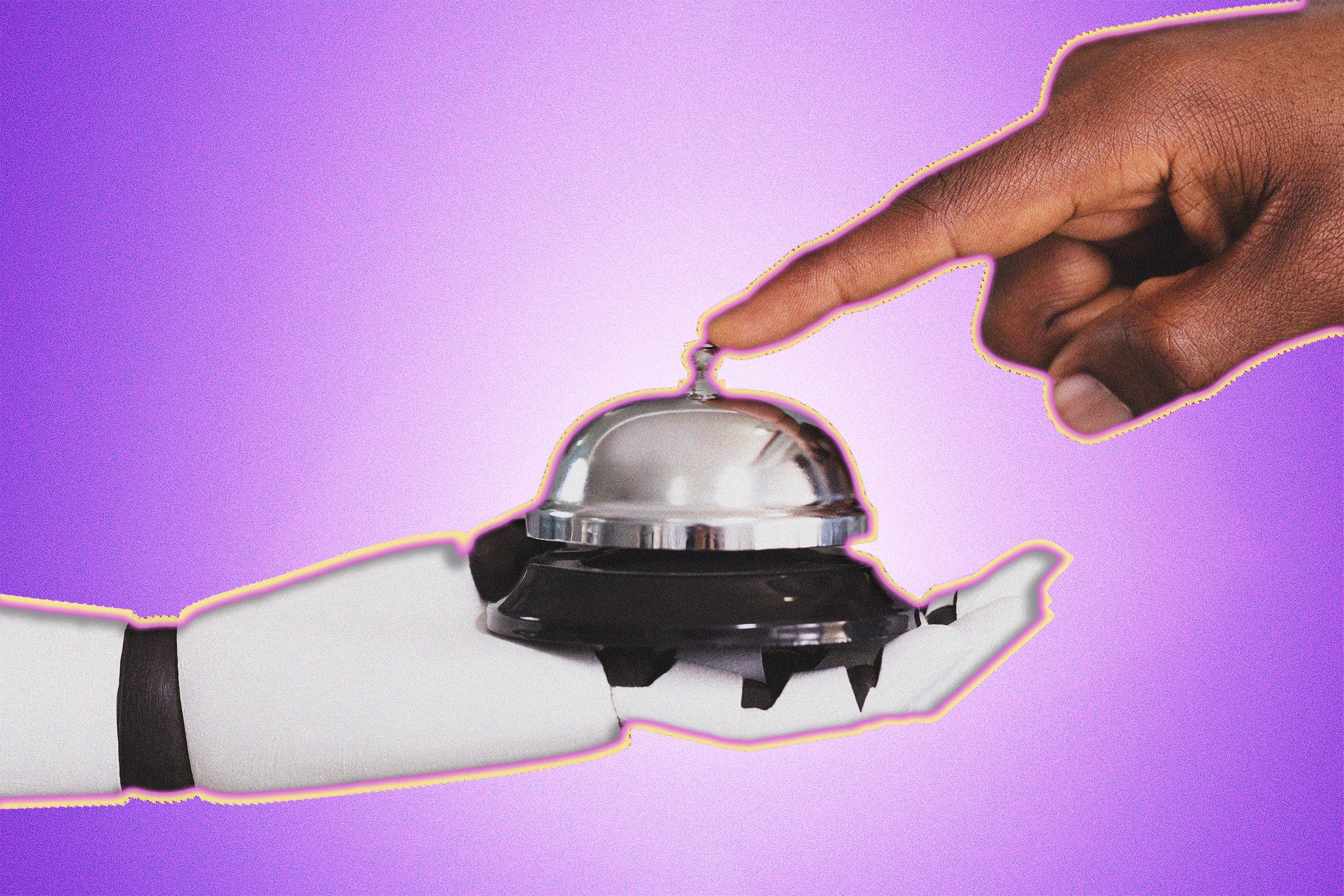In mid-April, the school district’s chief operating officer announced at a conference panel with an Evolv executive in Las Vegas that they were “eliminating” metal three-ring binders.
“As we transition into the next school year, teachers will utilize other alternatives for classroom supplies,” Jessica Saunders, a Charlotte-Mecklenburg Schools spokesperson, tells WIRED in an email. She also says student laptops most often alert the weapons detection system.
Meanwhile, the company is currently being sued by a high school student in upstate New York who alleges that Evolv misrepresented its technology and is responsible for failing to detect the large knife that was used to stab him.
A class action was also recently filed by Evolv’s shareholders who claim that the company made misleading statements in violation of securities law that led to huge financial losses, while also claiming that the technology “does not reliably detect knives or guns.”
“Evolv Express systems are designed to configure various levels of a security profile with different sensitivity settings, which are selected by the customer, based on their specific needs and events,” Ozerkis tells WIRED. “That doesn’t mean our technology doesn’t work; it means the security professionals in charge of keeping that environment safe made the decision that they need to screen for different—or a wider variety—of threats.”
“Getting the Word Out”
For now, as part of NYC’s pilot program, there is that mandatory waiting period. This is likely to begin in late June and will last 90 days. According to the Mayor’s Office, the city will also explore the use of other technologies and companies.
“We are conducting outreach to several tech companies and the mayor even said that the point of the presser was to get the word out,” Mamelak from the Mayor’s Office says.
ZeroEyes, a competitor of Evolv, is one company possibly being considered. Like Evolv, the company has been represented by lobbyist Mike Klein, who lobbied the Mayor’s Office on ZeroEyes’ behalf in 2022 and 2023, according to disclosure documents. (Klein tells WIRED he no longer represents the company.)
So far, ZeroEyes hasn’t been wholly successful in the transport space: The Southeastern Pennsylvania Transportation Authority quietly ended its pilot program with the company in December. A representative from ZeroEyes tells WIRED they could not confirm whether their technology would be piloted in New York.
Once the waiting period begins, the public will have 45 days to submit comments on the use of the technology before they are considered by the Mayor’s Office—although the Adams administration has no obligation to alter the policy.
Public safety advocates aren’t particularly hopeful that their concerns will be heard. “It’s obviously a pattern that we see repeated,” says Daniel Schwarz, privacy and technology strategist at the New York Civil Liberties Union. “They are rolling out more surveillance technologies and pouring more money into policing and surveillance infrastructure instead of the actual services that New Yorkers need.”
At the press conference in Fulton Station, standing next to Deputy Mayor Banks and an Evolv scanner, Adams seemed intent that the technology would be successful.
“Let’s bring on the scanners,” Adams said, adding: “We are taking a huge step toward public safety.”





